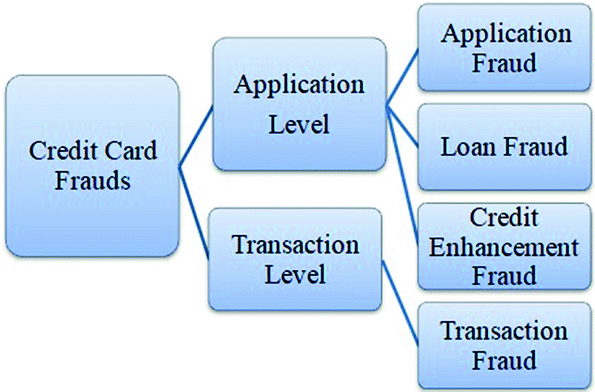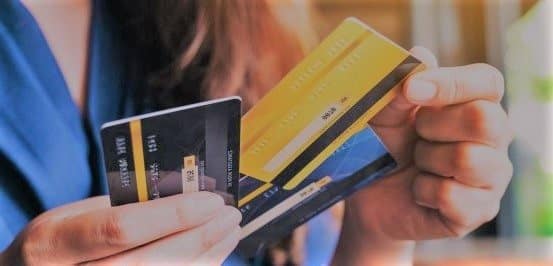Free Advice To Picking Credit Card Apps
Wiki Article
What Behavior Is Thought To Be Suspicious And Could Result In A Card Being Blacklisted?
The issuer of the card may flag or block an account with a credit card if certain behaviors or activity raises alarms. A few examples of suspicious behavior include:- Unusual Buying Patterns
A sudden increase in spending or sudden large transactions in comparison to normal cardholder's behavior could raise suspicion.
Unrecognized Transactions
Any unauthorized or unfamiliar transactions on the statement of the card the cardholder didn't initiate or approve could be a sign of fraud.
Multiple Refused Transactions
If you have a history of transactions that are good, but your cardholder has been experiencing a number of failed or declined transaction in a short amount of time, it could be an indication that something is wrong.
Geographic Anomalies
Transactions made in locations far removed from the cardholder’s usual areas of spending or multiple transactions made from multiple geographical locations within a brief period can raise suspicion.
Abnormal Purchase Types-
There is a way to flag suspicious purchases. This can include high-value purchases that do not fit to the typical spending patterns.
Uncommon Online Behavior
Unexpected or unusual activity online like failed logins repeatedly, account modifications or unusual attempts to log in, may indicate an unauthorised access.
Unusual Card Usage
All instances in which an account with a credit or debit card is utilized in a different way from its usual use, for instance, suddenly utilizing it to make international transactions despite the previous only used locally, is a red flag.
Sudden Cash Advances & Transfers
Cardholders might receive notifications if they make large advances or cash transfers that are not in line with their typical spending habits.
Transactions that are not present on the card but frequent
A rise in transactions by a credit card that isn't present (online or over the phone) with no prior history could signal an indication of fraud.
Identity Verification Issues
There could be suspicion if there are issues in confirming the identity of the cardholder, particularly in cases where additional verifications are required.
The card issuer can investigate such behavior and disable the card temporarily until they can confirm the identity of the cardholder as well as the legitimacy of the transaction.

What Should I Do When I Suspect That My Credit/Debit Card Is Blacklisted?
If you suspect that your card may be listed as blacklisted, or that there has been fraud linked to your card, you should immediately contact your card issuer.
Call the copyright provided on the back of your credit card or visit the website of the issuer for a hotline to report fraud.
Inform the bank that issued your card of the concerns you have. Indicate that you believe that there was a fraud on your account or the card could be compromised.
Report Suspicious Activity-
Please explain any unusual or illegal transactions you've observed on your credit card statement.
Give details about the transactions you're talking about, such as dates, amounts or the names of merchants if they exist.
Request Card Blocking, or Reset
To avoid any further unauthorized transactions To prevent future unauthorized transactions, request that your credit card provider temporarily block the card.
If you want to continue credit access For continued credit access, ask about the procedure for replacing your card.
Check your account and challenge any charges.
Check your latest statements and transactions to identify any other suspicious activity you may have missed earlier.
If you spot purchases that are not authorized make sure you notify your credit card company to ensure that they are investigated.
Keep track of your credit score.
Make contact with the credit card company to make sure that the proper steps have been taken in order to solve your issue.
Keep an eye on your account to determine if there are any changes or suspicious activities.
Consider Placing an Alert for Fraud or Security Freeze
Based on the severity of the situation, you may be able to consider putting up the fraud alert or security freeze on your credit file to stop further fraud attempts or to protect yourself from identity theft.
Provide the report to Authorities in the event of a need
If you suspect identity theft or fraud, you should consider notifying the Federal Trade Commission (FTC) and filing a report with the local law enforcement agency.
To reduce losses and stop any further transactions that are unauthorized To limit losses and stop further unauthorized transactions, it is vital to take swift action. You can minimize the impact of fraud on your credit card and misuse by bringing up suspicious activities promptly to your credit card provider.
![]()
Who Is Able To Use Credit Card Numbers To Run The Blacklisting Application?
Professionals within financial institutions or law enforcement agencies, or cybersecurity companies are usually authorized to validate credit card numbers as well as check for fraud involving credit cards. They include Fraud analysts- Trained people who work for financial institutions and specialize in identifying, investigating and preventing fraudulent credit card activity. They use tools and software specialized to detect patterns and anomalies, and may also reveal compromised information about the card.
Experts in cybersecurity- Professionals who specialize in cybersecurity. They are able to monitor and spot security threats, such as stolen credit card information. They prevent data breaches, examine data to identify signs that it's been hacked and take security measures.
Specialized groups within law enforcement agencies or individuals who conduct investigations into criminal activity in the financial sector, such as fraud with credit cards. They are able to access databases as well as resources to monitor and analyze fraud-related actions.
Compliance Officers- Professionals who are in charge of ensuring that they comply to the law and regulations applicable to financial transactions. They may oversee processes that identify and report suspicious transactions made with credit cards.
The access to databases that contain credit card blacklists, and the power to confirm credit card numbers with such lists is strictly controlled. It requires proper legal authorization, such as being a component of an investigation into financial crimes or obtaining permission from a legitimate entity.
They employ protocols, software and legal procedures along with specific protocols and software to check credit card information against blacklists while ensuring strict privacy and security rules. It is essential to trust the authorized experts and institutions when confronted with concerns about potentially compromised credit card data. Unauthorized attempts by individuals to access credit card blacklists or use them could be a source of legal consequences. Take a look at the top savastan0 login for blog recommendations.
